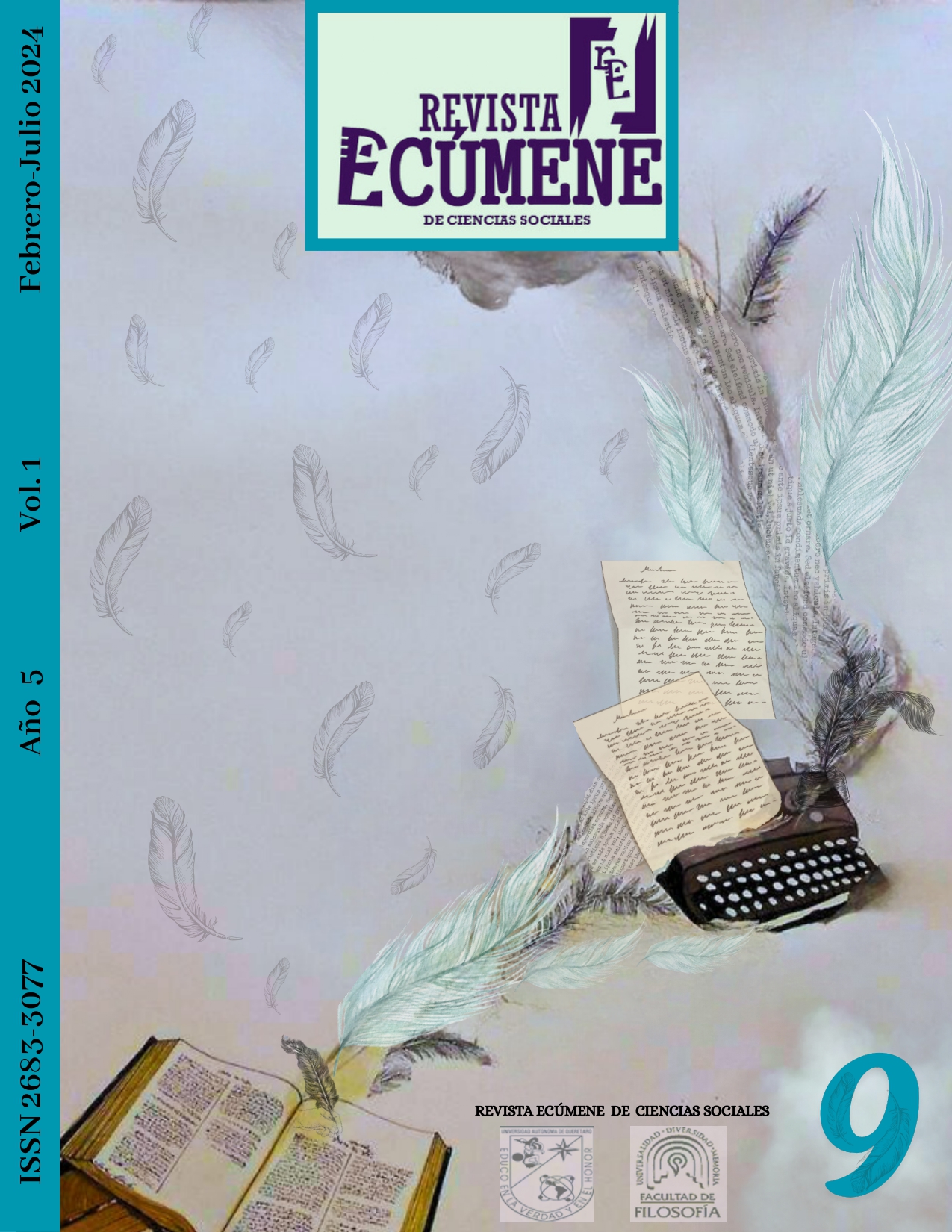Abstract
Early childhood education work has historically been carried out by women and is
considered part of precarious labor conditions. Using a qualitative methodology of
case study, this research analyzes the perceptions of workers in preschools under
the Government of the City of Buenos Aires (GCBA) to understand why early child
hood education work remains precarious. Various dimensions of analysis are em
ployed, incorporating bibliographic material and the voices of the workers them
selves. One dimension examines the workday, encompassing the actual working
hours and any additional "extra" hours. Another dimension delves into leisure time,
if it exists. Additionally, the study investigates the working conditions to assess the daily tasks performed. Understanding these analytical categories helps to charac
terize this work as caregiving and educational, predominantly carried out by wom
en.

This work is licensed under a Creative Commons Attribution-NonCommercial-ShareAlike 4.0 International License.
Copyright (c) 2024 Revista Ecúmene de Ciencias Sociales

